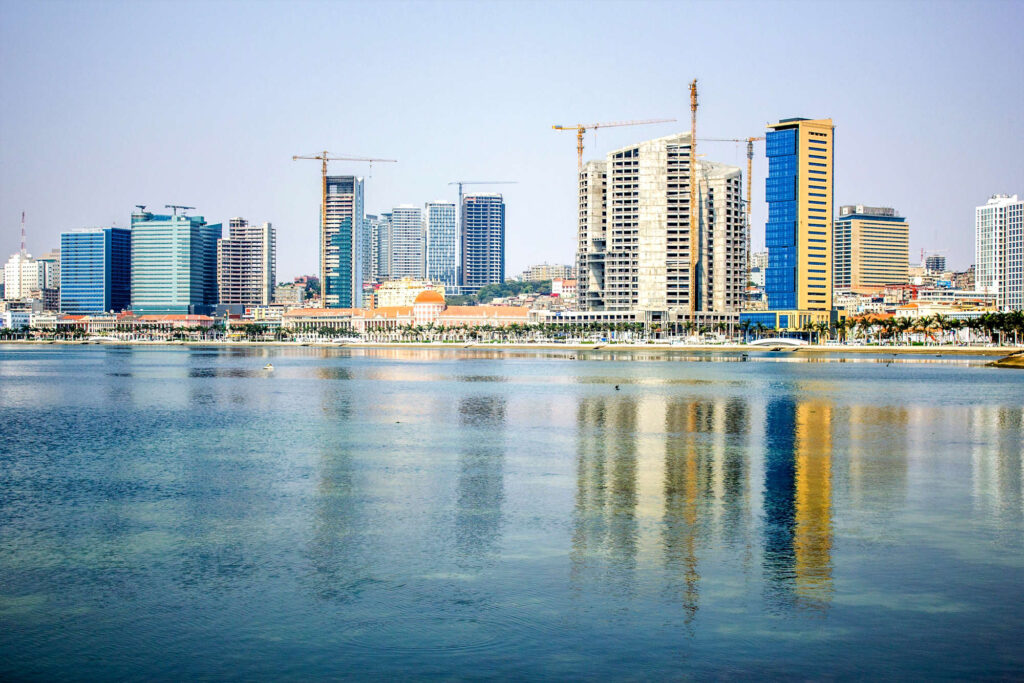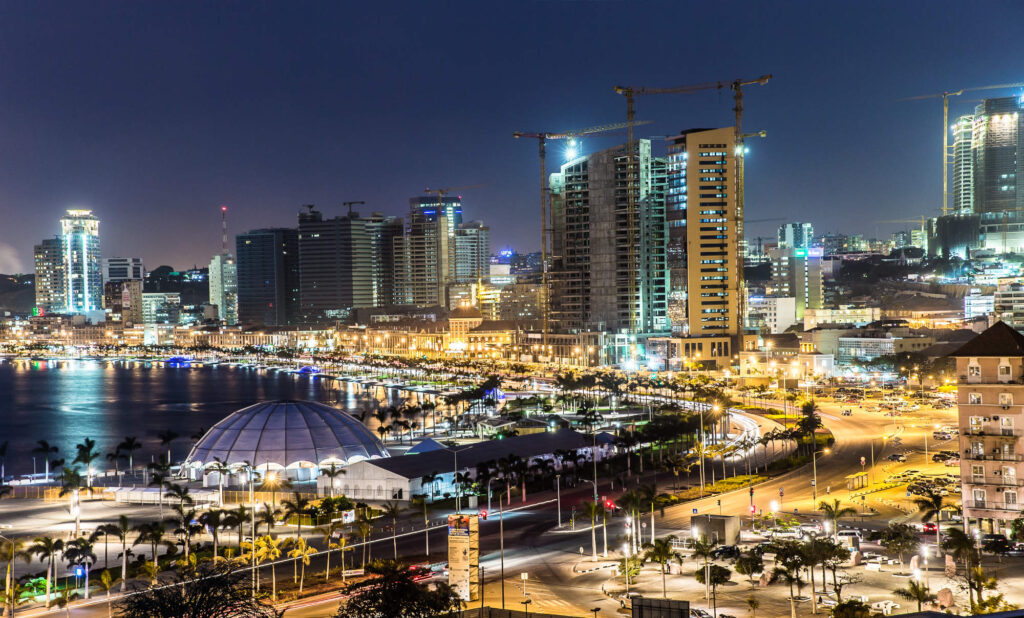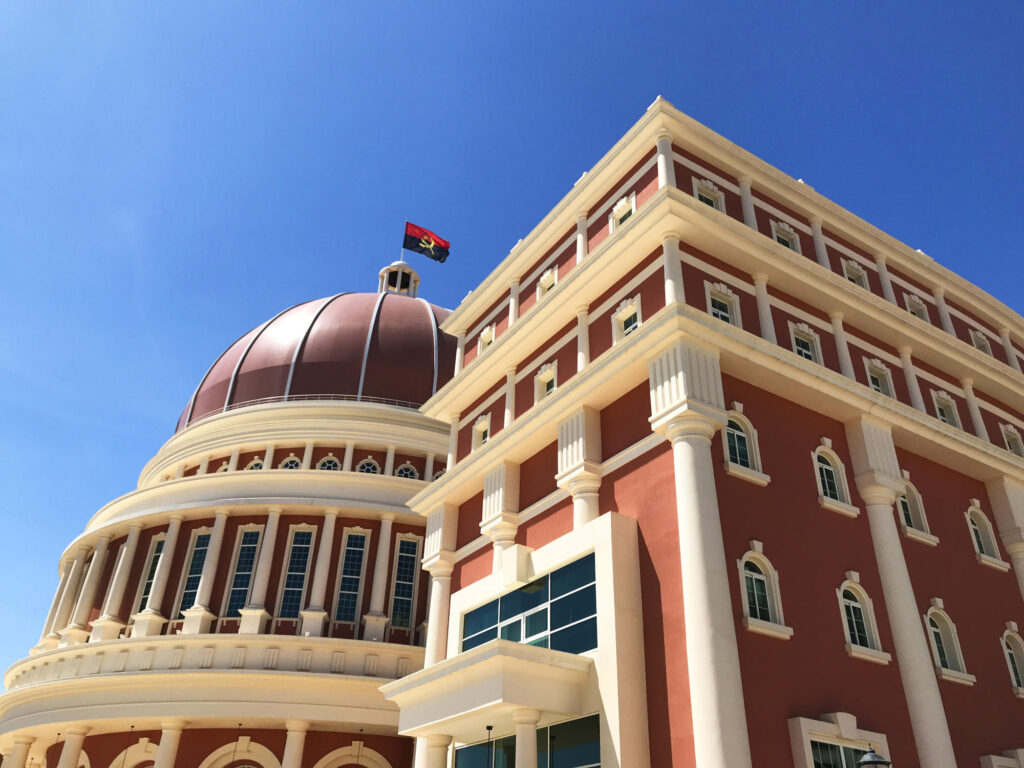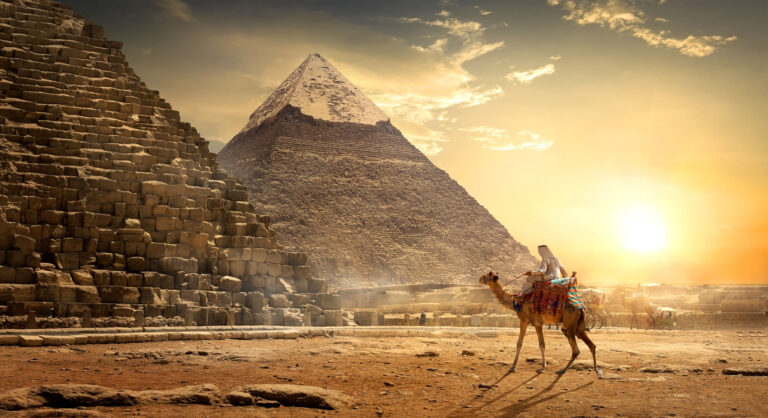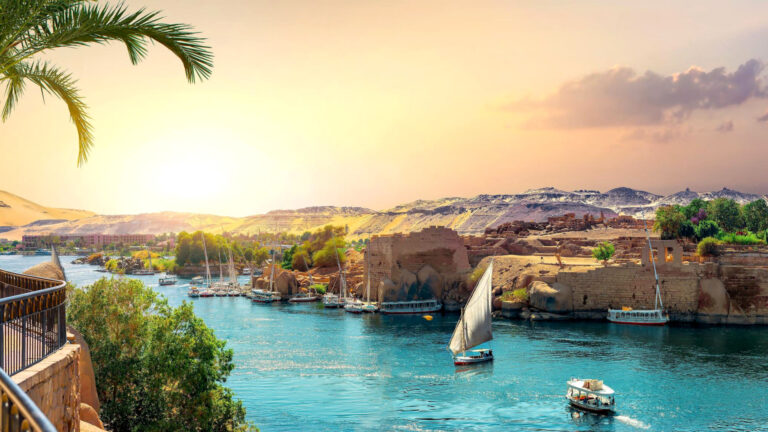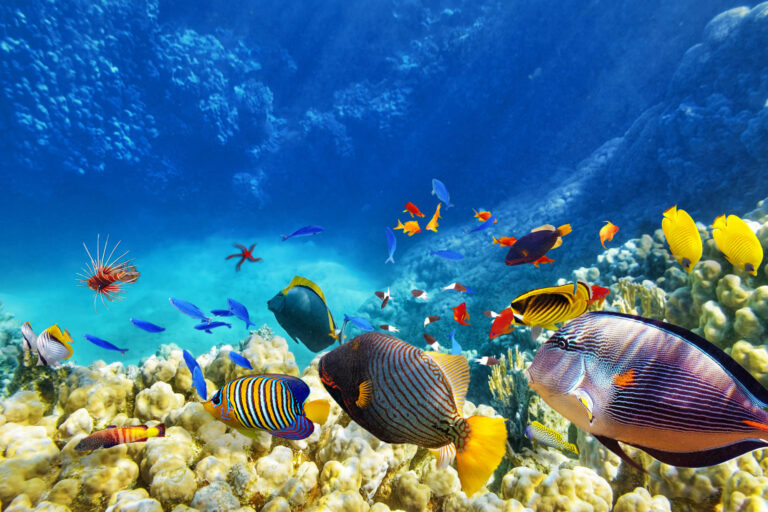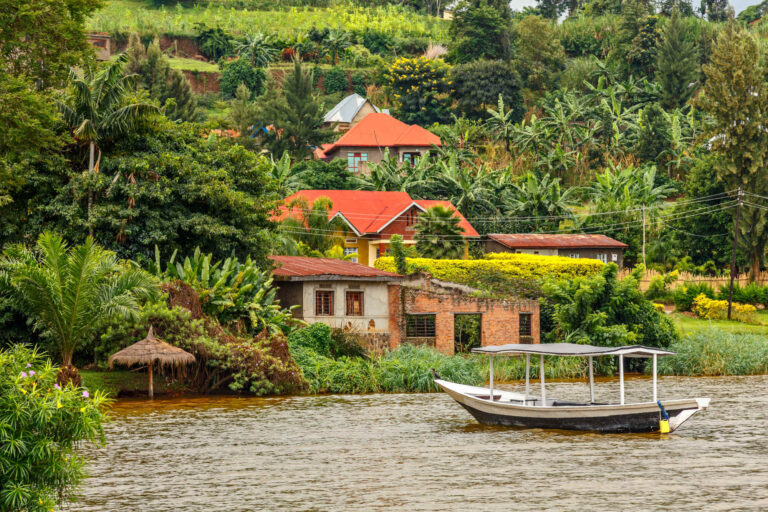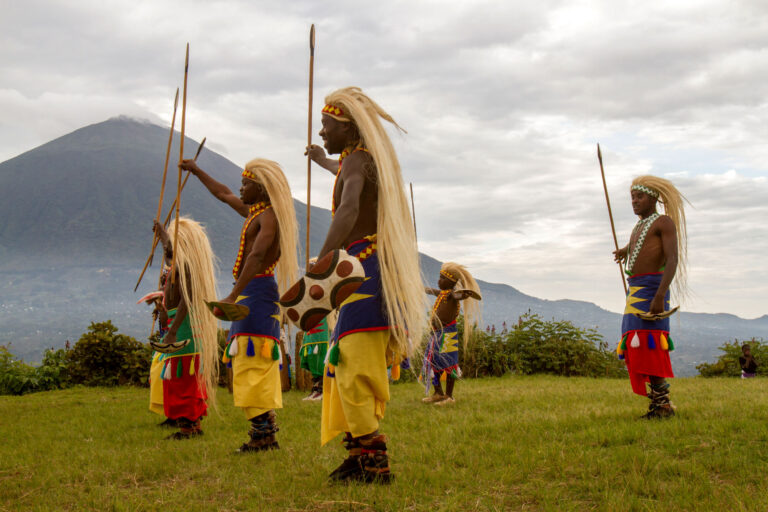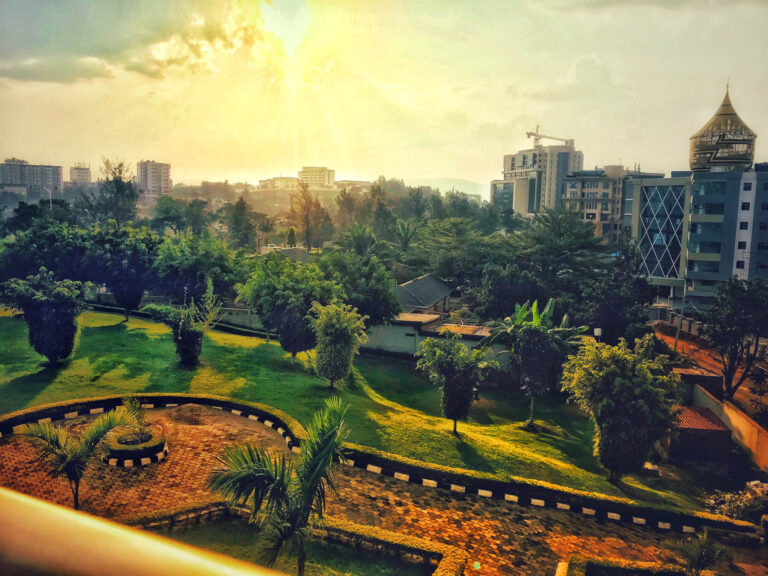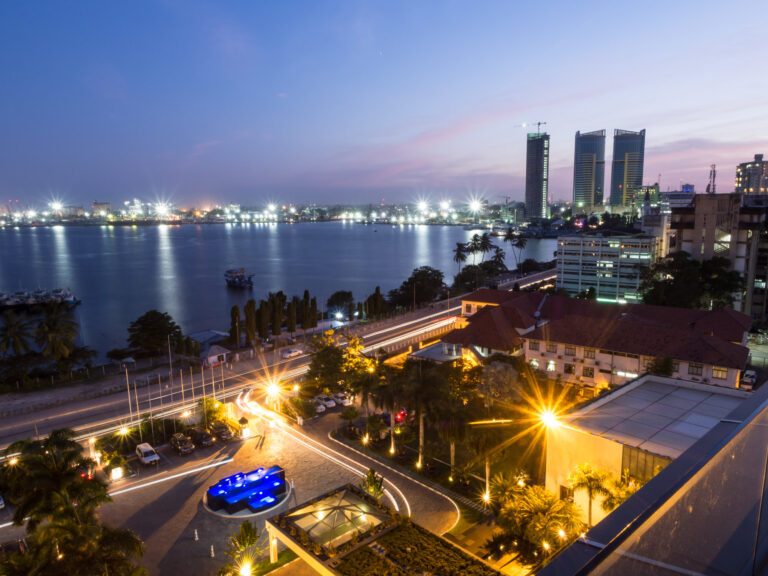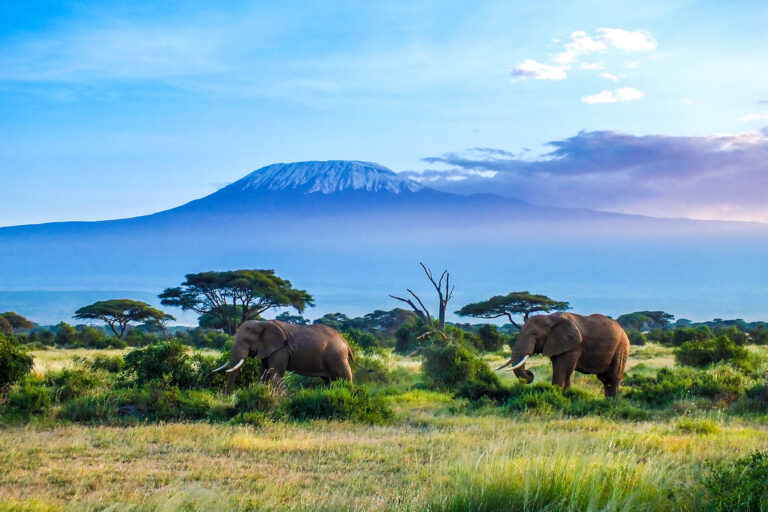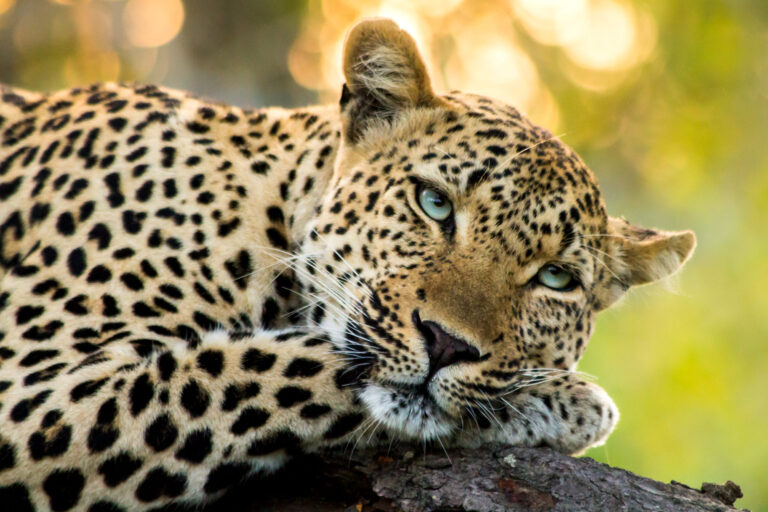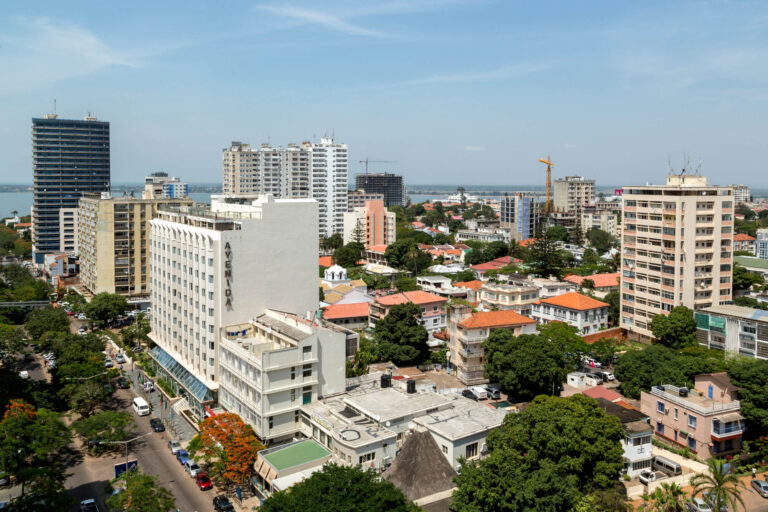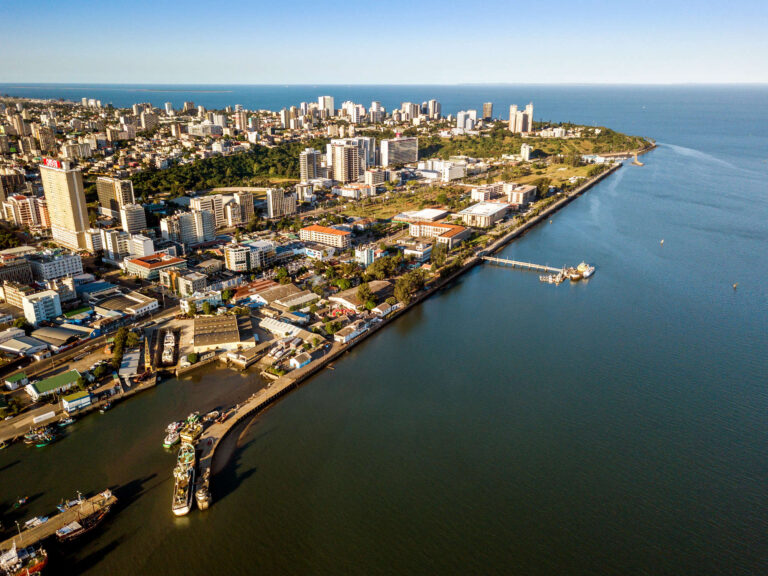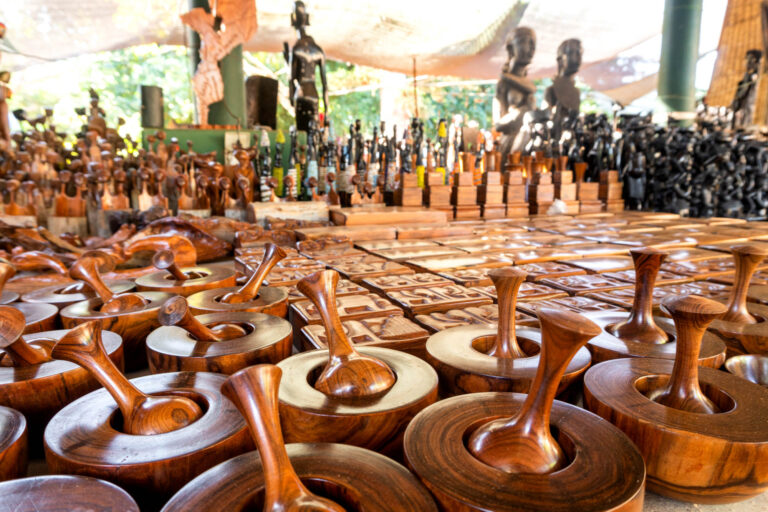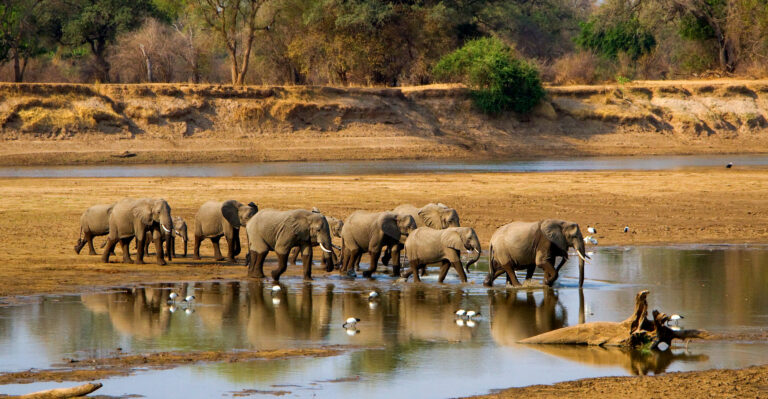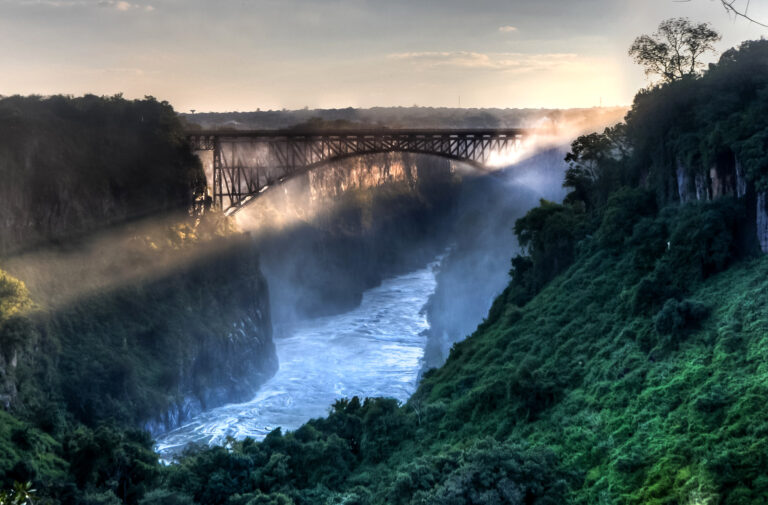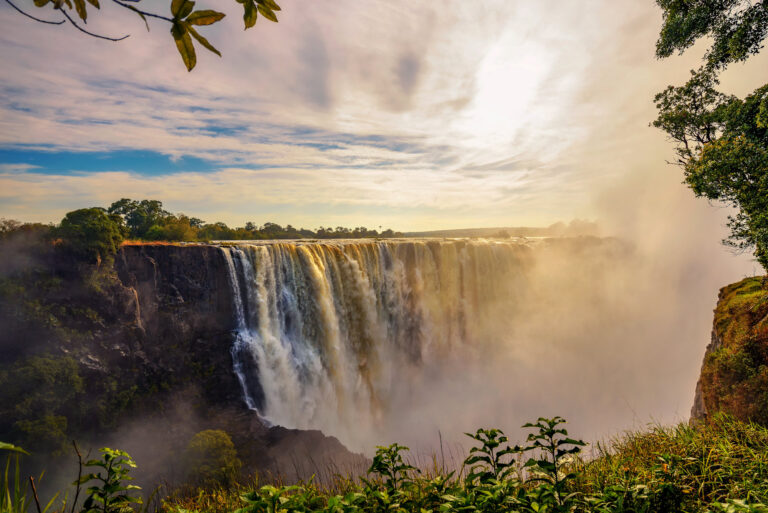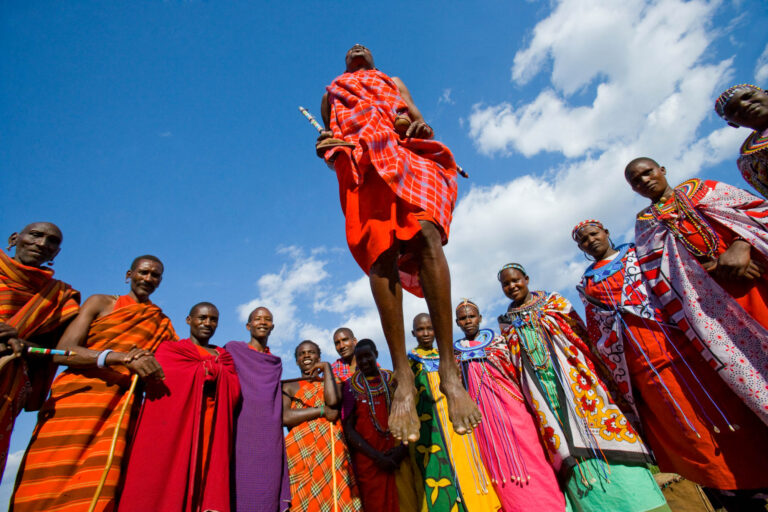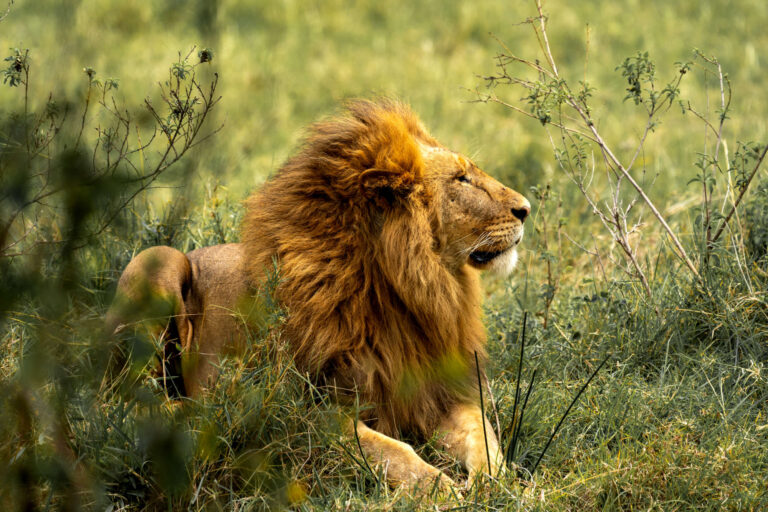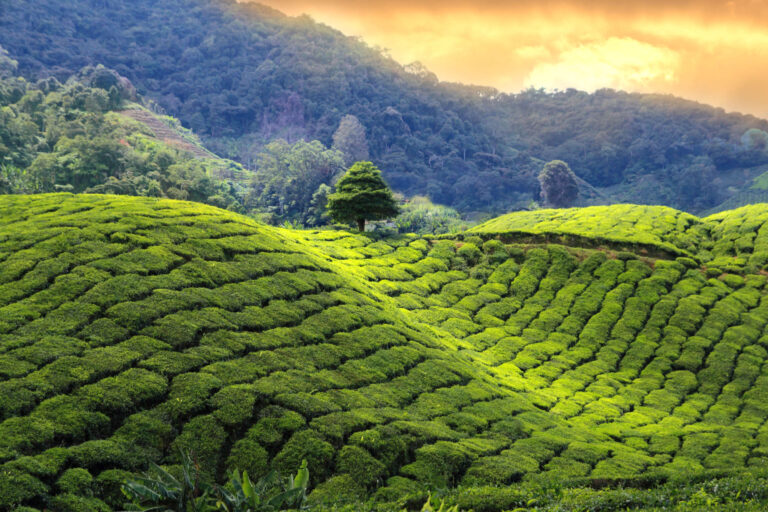
- COUNTRY
- MAIN CITIES
- prev
- next
THE COUNTRY
From the late 14th to the mid 19th century a Kingdom of Kongo stretched across central Africa from present-day northern Angola into the current Congo republics.
It traded heavily with the Portuguese who, beginning in the 16th century, established coastal colonies and trading posts and introduced Christianity. By the 19th century, Portuguese settlement had spread to the interior; in 1914, Portugal abolished the last vestiges of the Kongo Kingdom and Angola became a Portuguese colony.
- Luanda;
- Kissama National Park;
- Tundavala Gap;
- Dilolo Lake;
- Kalandula Falls;
- Benguela;
- Maiombe Forest
- Private Jets, Helicopters and Airliners
- Finest Onboard Catering
- Ground Transport and Yachts
- Luxury Villa & House Rentals
- Local Guide & 24/7 Assistance
- Customized Global Services
TO BE KNOWN
-
The State's CapitalLuanda
-
Time ZoneUTC+1
-
Telephone Code244
-
Total Area1 246 700 Km2
-
Population34 795 287 (2022 est.)
-
Main LanguagesPortuguese
-
CurrencyKwanza (AOA)
-
GDP Per CapitaUSD 5900
-
Airports102
-
Heliports1
TRAVEL INFORMATION
Semiarid in south and along coast to Luanda; north has cool, dry season (May to October) and hot, rainy season (November to April)
Ovimbundu 37%, Kimbundu 25%, Bakongo 13%, Mestico (mixed European and native African) 2%, European 1%, other 22%
If you are invited to an Angolan's home, bring fruit, flowers, or chocolates to the host.
Moambe chicken — a savory chicken dish made by combining chicken, spices, and palm butter to create a stew-like consistency
African oil leader and OPEC member; fairly stable currency; widespread poverty; emerging African finance and investment capital; systemic public corruption and lack of oversight; massive foreign direct investment recipient


